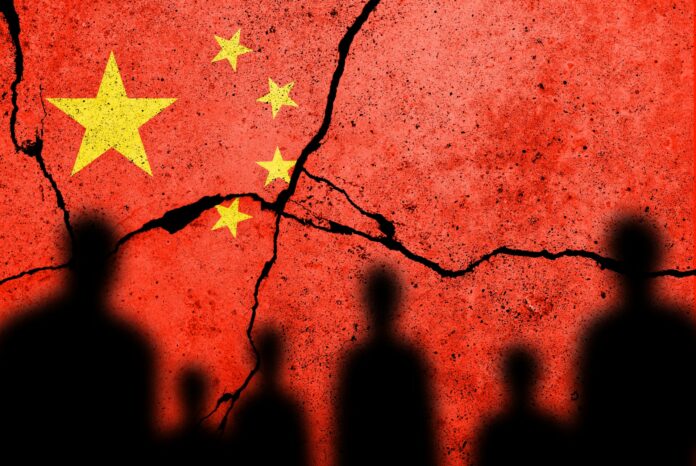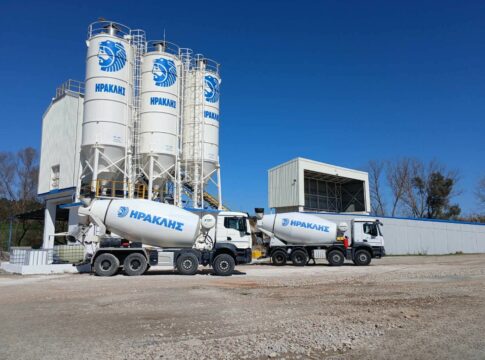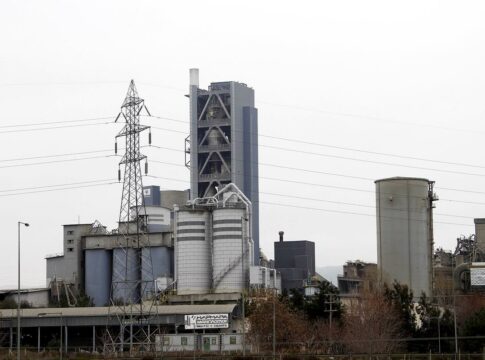China’s economic slowdown has raised concerns all over the world. The year 2023 was expected to be the year of the Chinese economy, and it was expected to support global growth after the strict lockdown.
But instead, a series of problems have emerged: lower consumer spending, a deeply troubled real estate market, subdued exports amid geopolitical tensions as the US struggles to contain risks, falling retail sales, record youth unemployment and ballooning government debt.
The impact of the problems is beginning to be felt around the world in everything from commodity prices to stocks, but Chinese President Xi Jinping’s government appears to have no grand plans to stimulate the economy.
And that has fueled a debate about whether the Chinese economy is finally headed for a Japanese-style malaise after 30 years of unprecedented growth. IMF analysis shows how much is at stake: when China’s growth rate rises by one percentage point, the global economy grows by 0.3%.
This year, the Chinese economy is expected to grow by 3%, less than half the pre-pandemic average, according to Bloomberg Economics. In addition, the latest data pointed to deflation, a devastating downward spiral in wages that could cause important problems in the world’s second-largest economy. Chinese GDP rose just 0.8% in the three months to June compared with 2.2% in the first quarter of this year, while producer prices have contracted over the past 10 months.
The problem is that a large part of the world’s jobs and production depends on China, with its huge market and manufacturing industry.
The only positive thought is that a Chinese slowdown could lead to lower oil prices while deflation may lead to a reduction in the prices of Chinese goods exported to the rest of the world, which could benefit countries with high inflation such as the US and Britain.
Economists at Wells Fargo & Co. estimated that a “hard landing” in China – which they define as a 12.5% deviation from its growth trend – could reduce their forecast for US inflation in 2025 by 0.7% to 1.4%.
But if the rest of the world, the US and Europe, slips into recession, if China remains weak, then we are going to have a problem – not just in China but globally, said Peter Berezin, strategist at BCA Research.
Tom Hopkins, managing director portfolio manager at BRI Wealth Management, explained that the data is a clear sign that China’s economy is weakening, which will fuel concerns among businesses and countries with which China is a key trading partner.
Therefore, deflation could hurt the economy, as consumers will postpone their purchases in anticipation of prices becoming even cheaper, and this will lead businesses to cut back on investment, freeze hiring or even lay off staff.














